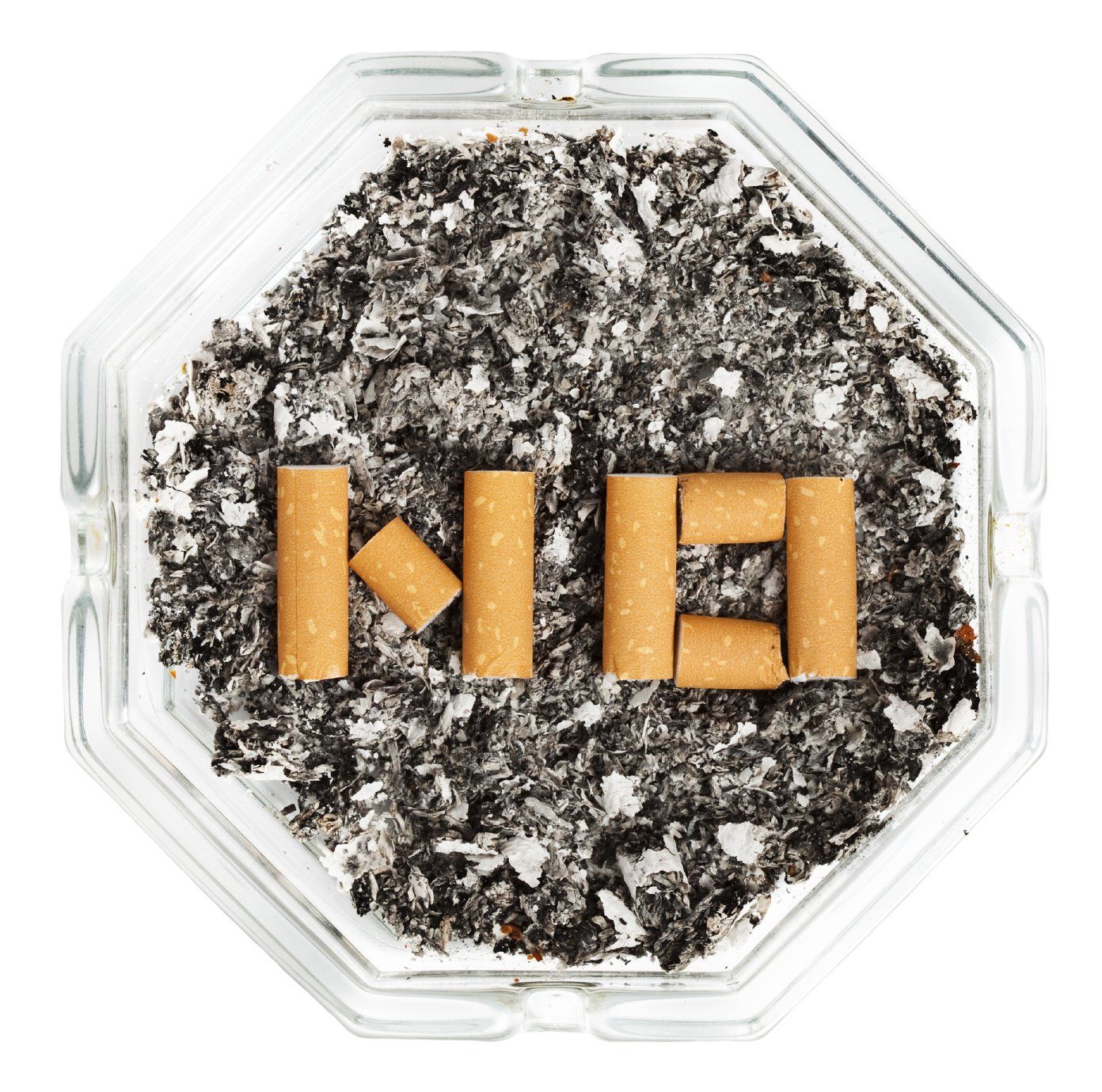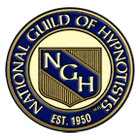Smoking Cessation
Hypnotherapy is widely promoted as a method for aiding smoking cessation.
Get Started
Drop us a line and we’ll get back to you!
Facts About Smoking & Smoking Cessation
Tobacco smoke contains nicotine, which is highly addictive. One expert on addiction has estimated that nicotine is as addictive as cocaine. As well as nicotine, each cigarette contains more than 4,000 different chemicals, many of which are toxic (harmful to the body). More than 60 of them cause cancer (are carcinogenic).
When you smoke a cigarette, nicotine affects your brain within seconds of inhaling. It increases your heart rate and causes a surge in the hormones noradrenaline and dopamine in your brain. This has a positive effect on your mood and your ability to concentrate. In between cigarettes, the levels of these hormones drop, leaving you feeling irritable, anxious and in need of another cigarette.
As well as being addictive, nicotine can be dangerous if you have high blood pressure (hypertension). It increases the risk of accelerated hypertension, which is a sudden rise in already high blood pressure that can cause headaches, blurred vision and vomiting.
Nicotine also slows down your body's ability to heal itself by making your skin dehydrated (lacking in water).
That said, nicotine is arguably the least dangerous substance in cigarettes. Other substances found in cigarettes are far more dangerous.
Cravings are thoughts that persist until we do what we are craving. Once we eat, drink, smoke or do that thing we "crave" it goes away. But when we change the internal habitual thoughts related to something we may crave, the craving goes away. And the way to change those old thought patterns is easy when you know the right approach... and it's not using the force and struggle of will power.
How to Quit Smoking
Those cravings for cigarettes can be eliminated.
Combining visualization,NLP, EFT (tapping) this hypnosis session helps clients conquer their cravings, stop smoking and negate the necessity for nicotine by accessing the subconscious mind, reprogramming their inner thoughts to ensure they remain stress-free without the need for tobacco or associated products.
I work to remove the smoking habit using two sessions in which I use hypnosis,NLP and EFT or (tapping) to gain maximum results for my clients.

Let me show you how to live smarter, happier, healthier and not harder to quit smoking permanently!
Desi Flynn has been successfully helping his clients with smoking cessation
issues with a very high success rate for almost a decade, so don't hesitate to contact him for a consultation.





